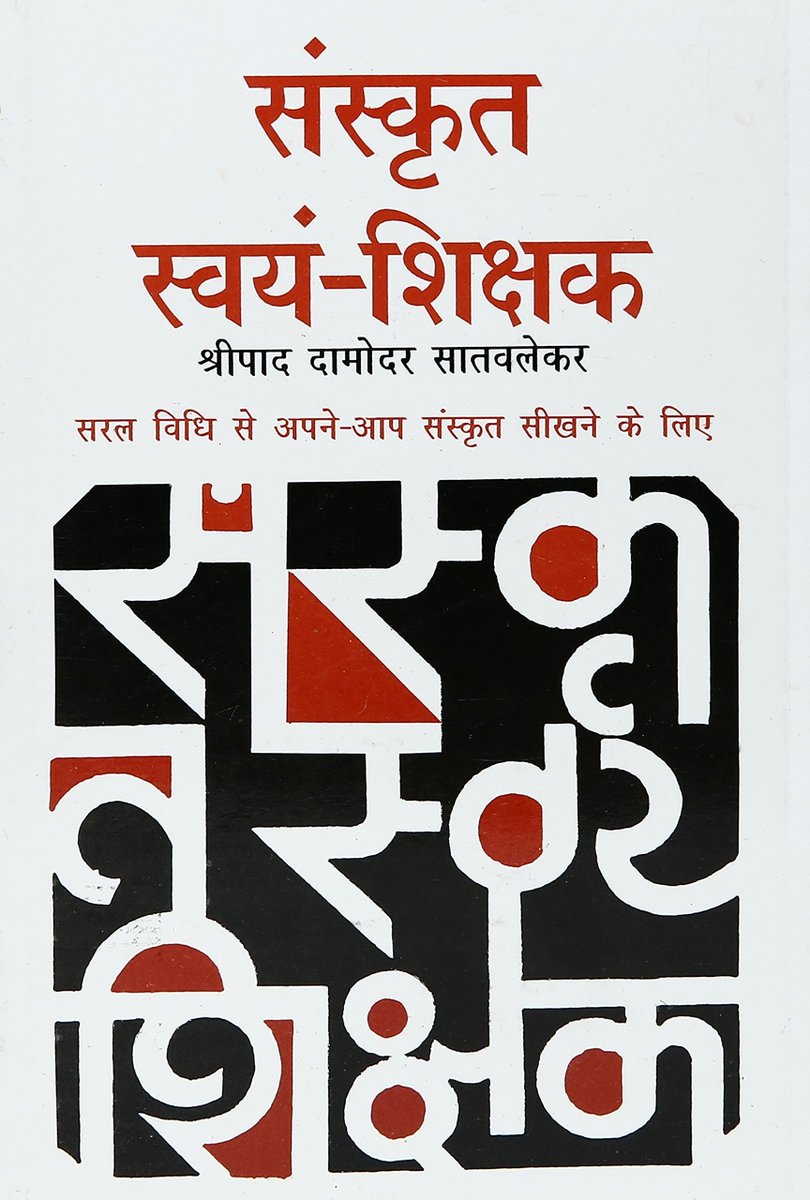[Your Mileage May Vary / Parental Advisory Warning Goes Here] /2
The idea for this thread sprang from a tweet that
@nevslin put out there: /3
https://t.co/hjTmaGBHEt
People like
@MuseZack, @bryanedwardhill, and myself encouraged Zack to write the "A Quiet Place-Esque thriller with a Sixth Sense level twist." As Zack put it: /4
https://t.co/PmNQlW7Weg
That last point is particularly key -- the cheaper thriller idea had MULTIPLE paths to production. Different budget levels, different level directors & stars. And though Bryan didn't mention it, different studios & financiers. As I mentioned: /6
https://t.co/CQEumdZ2jh
When people ask me what sort of scripts people are looking to buy -- film & TV -- I tell them to look at what's being made. That will give you a very clear sense of what the market is looking for. /7
The first question a TV agent will ask you about your pilot is: what's it about? The second is: Where do you see it living?
As if, what networks would buy it, make it and put it on the air. 8/
The same is true of features. When
@IanShorr and I took out INFINITE, we were a bit scared -- Ian had written a movie that cost upwards of 60-80 million (at a minimum) to get made. There weren't many places that could make it. Thus, not many buyers for it. 9/
Obviously, in the case of INFINITE, we did find a buyer -- the story has a happy ending. But the next feature spec Ian wrote (with
@ITellTallTales)? A horror script that could be made for under 10 million. There were a LOT more potential buyers for that one. 10/
You shouldn't let the fact that your script has a difficult path to production deter you from writing it -- but you DO need to be aware of it. To set your expectations accordingly and work on a battle plan to offset those potential issues. 11/
If you're working on a 100 mil+ action script, then you should aim to put producers on board who have made 100+ mil action films. They'll put the studios at ease. And they'll have the relationships with the directors and actors who get those made. 12/
That's equally true for sub-10 mil horror scripts -- those huge producers are likely not the ideal people for that script. There's a whole other set of producers who have a skillset for horror on a lower budget. 13/
The same is true for 1-2 mil indie dramas -- focus on the producers & financiers who make those. Or for broad comedies or biopics and so on... Find the team with whom your script lives. 14/
Same is true for reps.
Focus on the reps who have previously sold scripts in the same vein as yours. If your script is, say, an unmakeable "stunt script" -- what reps take out "stunt scripts"? Who clearly loves on offbeat dark comedies? 15/
All of this is to say -- figuring out WHERE your script lives (as in, the financiers or studios) and figuring out WITH WHOM (as in, the team who will bring it to fruition) is an important part of the process. Perhaps one of the MOST important parts. 16/
As much as writing a great script important (and that IS the most important aspect), putting together the team that's going to get it out there, get it sold, and get it made is a crucial aspect that sometimes gets overlooked. 17/
Targeting the places that make your script and reverse-engineering how to get it to them in the most "undeniable" package possible is important part you can research and figure out yourself. 18/
You may not have all the answers and, if you have reps, you should take their counsel, but you're always the decisionmaker. Aim to have as clear a strategy as you can, so you can send your script into the marketplace with the best battleplan possible. 19/
Hope all that's helpful and
@nevslin didn't get me into trouble once again! Let me know if you have any questions or things I didn't address!
END






























